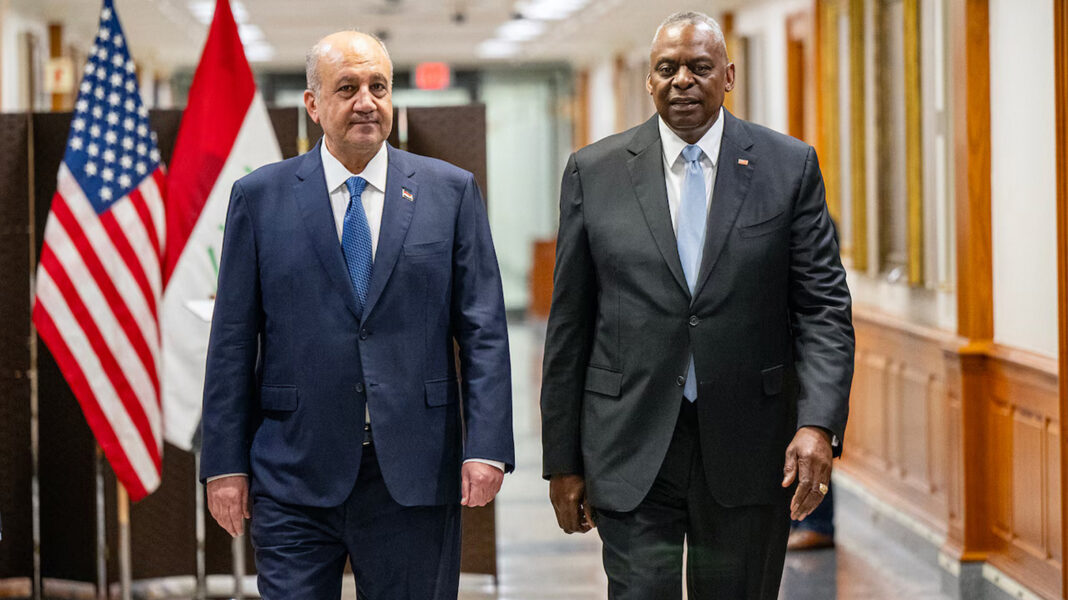Iraq’s top judge has issued a stark warning about a recent court decision. The ruling could unravel over 400 international treaties. This legal shift follows a Federal Supreme Court judgment that invalidated a 2013 law.
That law had previously ratified a maritime border agreement with Kuwait. Known as the Khor Abdullah accord, the agreement was upheld by the court in 2014. However, in September 2023, the Federal Court reversed its earlier ruling.
As a result, Chief Justice Faiq Zidan published a strongly worded article. He titled it, “The Waves of Khor Abdullah Between Two Contradictory Rulings.” In the article, Zidan argued the reversal threatens Iraq’s legal credibility. He claimed the court’s action undermines international trust and legal stability.
Previously, treaties required only a simple majority in Parliament. Now, the court says a two-thirds majority is necessary. That change, Zidan warned, could retroactively void hundreds of past agreements.
Moreover, he stated that if this becomes precedent, Iraq’s entire treaty framework could collapse. “This shift creates chaos,” Zidan wrote. “It places Iraq’s legal credibility in serious doubt.”
Additionally, he highlighted the international consequences. The Khor Abdullah deal was already submitted to the United Nations. Nullifying it now could open Iraq to disputes and diplomatic backlash.
Furthermore, Zidan questioned the court’s authority to reverse its own final ruling. Under Iraqi law, only the Federal Court of Cassation can reconsider final legal judgments. Even then, the review must follow strict legal standards.
According to Zidan, the Federal Court overstepped by relying on its internal bylaw, Article 45. That rule allows for changes in abstract legal principles—not full rulings. In contrast, the 2023 decision struck down an entire judgment.
“This is not a reinterpretation,” Zidan stated. “This is a full reversal of a binding decision.” He called the move a violation of legal doctrine and a source of confusion.
Consequently, Iraq now faces legal and diplomatic uncertainty. The court’s decision not only affects one agreement but shakes the core of Iraq’s legal credibility.
In conclusion, Zidan defended the 2014 ruling as constitutional and aligned with international norms. He warned that the 2023 decision, by contrast, could lead to far-reaching consequences.



